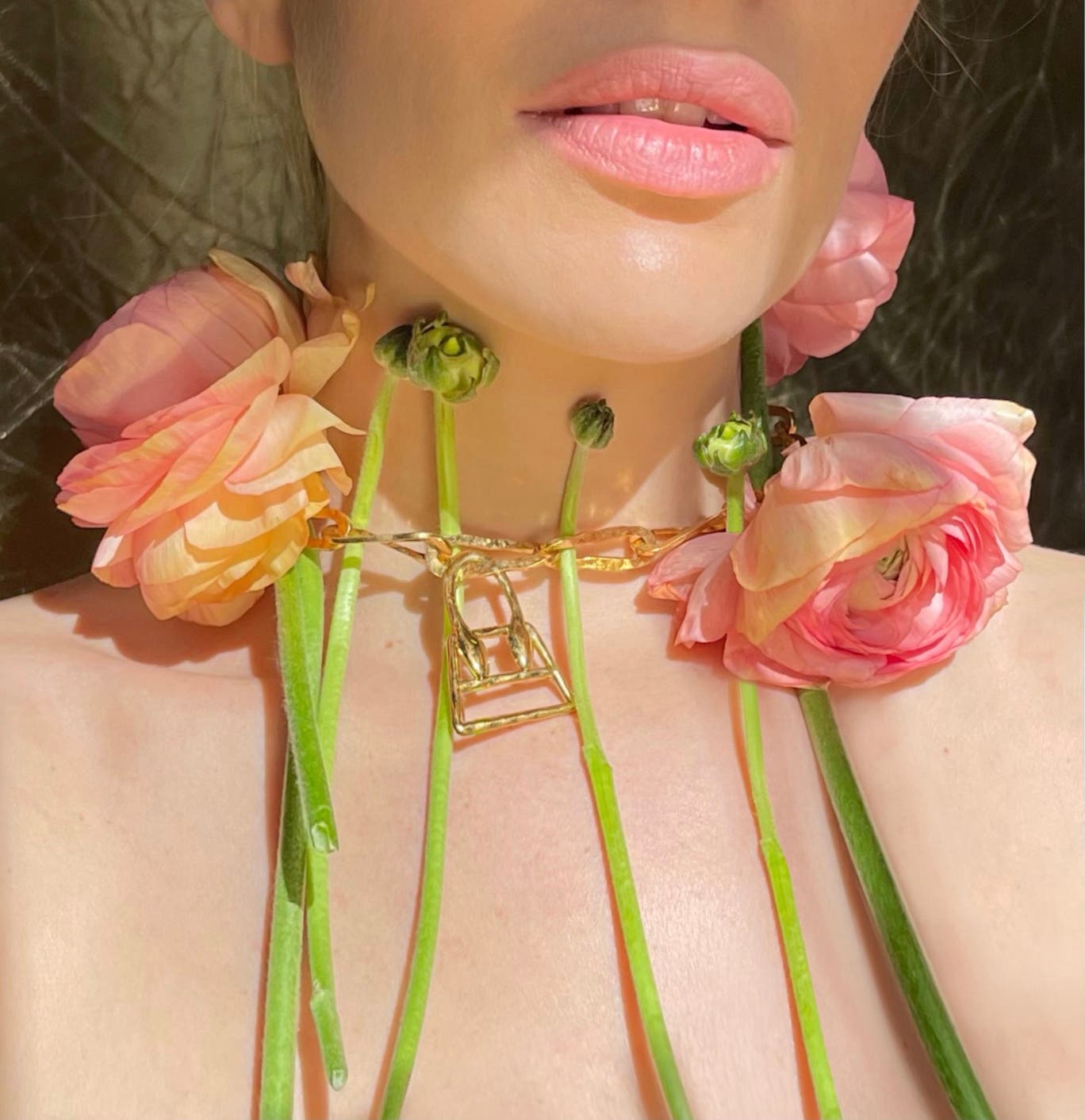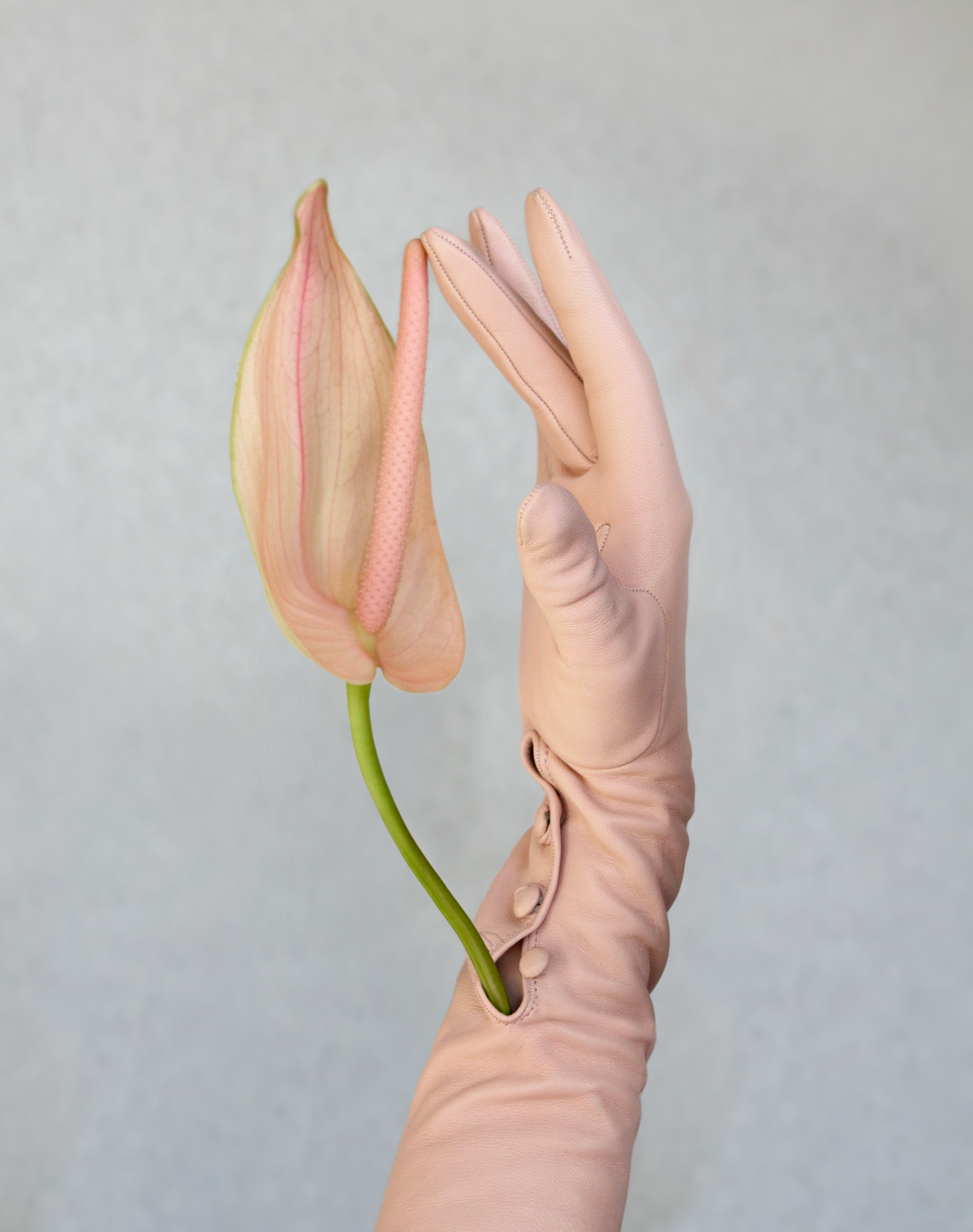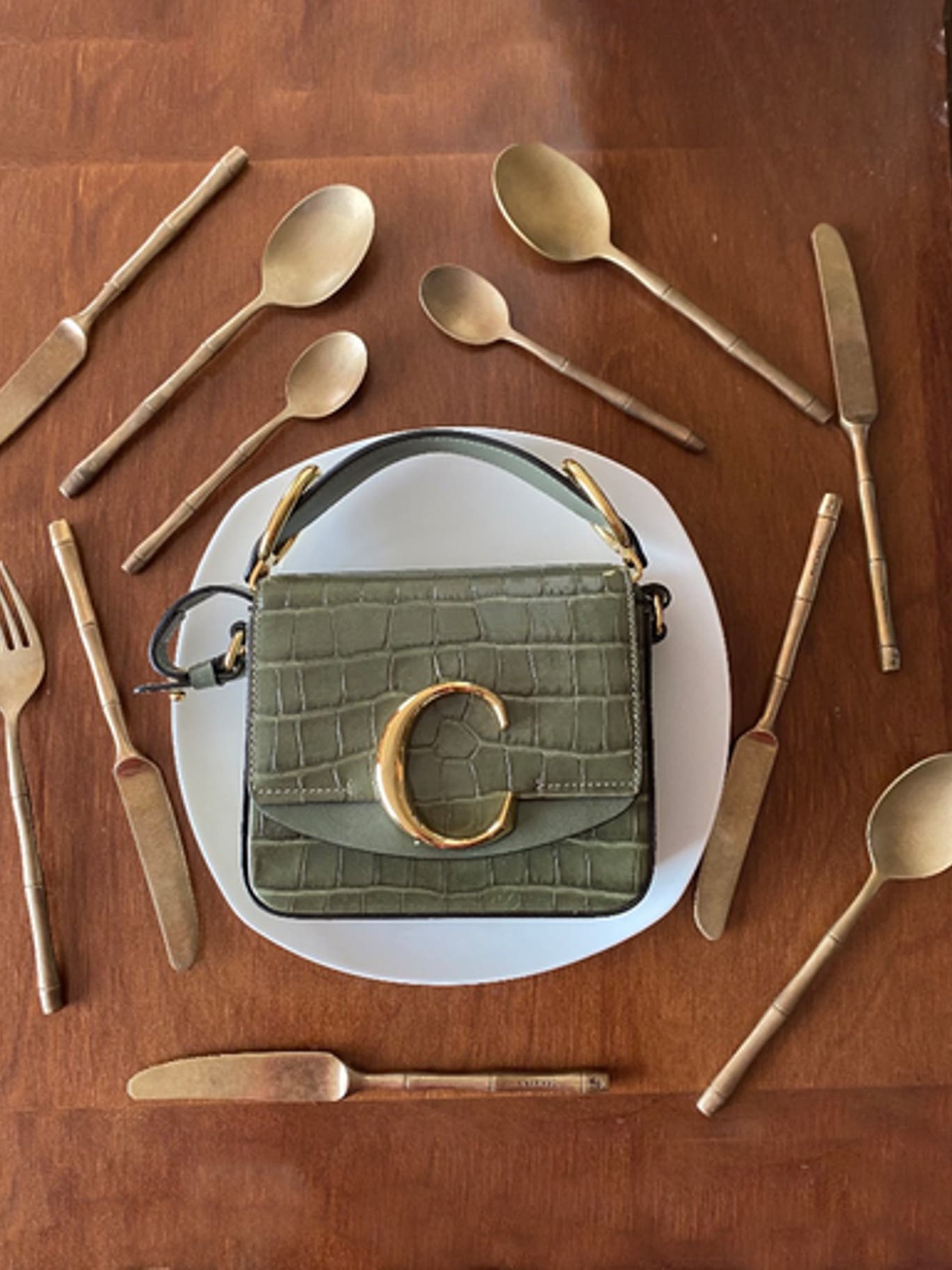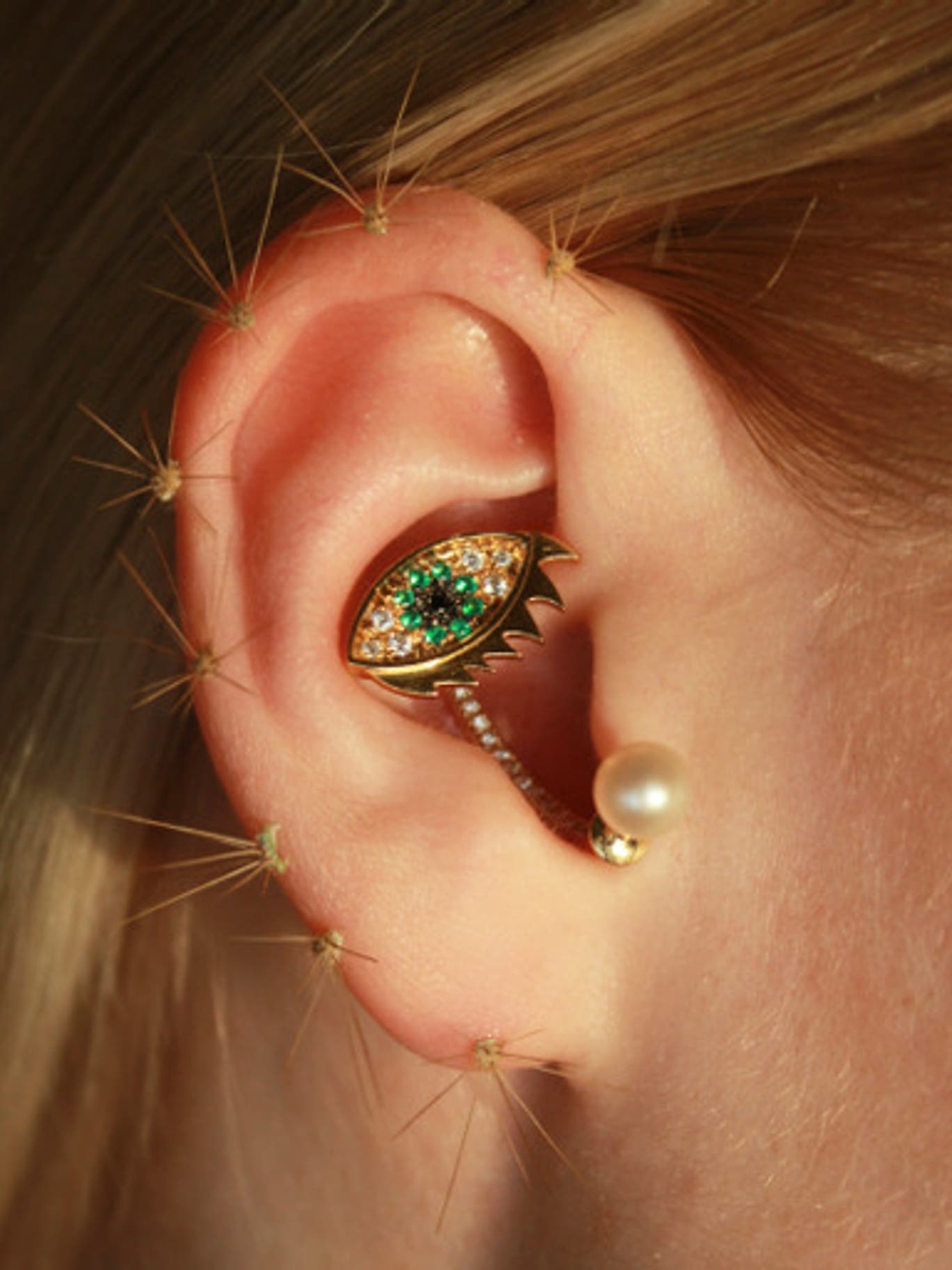
Phrases like “sustainable development” and “conscious consumption” have, fortunately, started to appear regularly in the Russian media – like they have elsewhere – but barely anyone can confidently explain what they mean. What exactly should we develop? And why should it be done sustainably? How to make sense of all of this? And how does fashion figure into things?
Recently, I have upped my own efforts to become more sustainable. I have started a new platform which celebrates sustainable development and conscious consumption in the hope that it will help make the world an eco-friendlier place.
My wardrobe is full of beautiful and luxurious clothes – a nice perk of working in the fashion industry. I must admit, I love them very much. They are unique specimens that will be hard to say goodbye to; however, I have decided to give them new life. This is the fairest and most eco-conscious option.
The habit of shopping considerately and taking good care of clothes is left over from childhood. My sister and I got used to it in our motherland, Berdsk, where we would hunt for something cheap and chic and really look after the clothes we bought.
I am selling some items from my own wardrobe at My Happy Archive, where the goal is to give these magnificent items new life and new owners. By passing our clothes on, we increase their lifespan and save precious natural resources.

Unfortunately, the clothing industry is notoriously wasteful, but I hope to show that there are alternative paths out there. Many more designer brands should set an example when it comes to sustainability. As they do with other styles and trends, they should lead on this most important of topics.
It’s a small project but I like to think it has a deep meaning behind it. To make it happen, we hired talented artists, photographers and illustrators to creatively reimagine each item, reflecting its uniqueness and individual history. For example, Maya Golyshkina is our permanent resident; a talented artist who cooperates with worldwide brands.
It’s inspiring to see that the UK and other countries have championed ethical fashion in recent years. Ultimately, the aim of our project is to change the idea of second-hand consumption that many people have. Our goal is to show that it’s not shameful, but modern, eco-friendly and very sustainable. In other words: we’re making second-hand trendy.
The topic of sustainability has only recently gained traction in Russia, and the legislative base for sustainable development is only just now being built. But change is definitely afoot. A cultural pivot towards sustainability is happening right before our eyes, and we want to directly participate in the process. Let’s dumb it down for a moment – put simply, anyone could contribute. Today.

I have been deeply intertwined with the fashion industry my whole life. My colleagues, friends and other inspiring people I happen to come across in the industry continually prove, with their projects, that sustainability is not only about economics and society, but also a wider picture that includes architecture and construction.
There are already some designers who follow this concept: who shoot new collections before landfills, trying to highlight the issue of ineffective waste disposal; that refuse to use animal-derived materials; that follow labour protection guidelines and set up virtual fashion shows.
Unfortunately, others seek to ride the wave of the growing popularity of the concept by so-called “greenwashing”. They showcase their eco-awareness in a way that doesn’t actually save any resources, and in some cases even generates a large carbon footprint and lots of waste themselves.
Completely reorganising a large business along sustainable lines is a long and arduous process. Fortunately, changing your own habits is a bit easier. Sustainable fashion is about cutting down on the number of clothes you use, promoting minimalism, second-hand usage and “slow fashion”. The latter is where one buys fewer clothes while paying more attention to their quality, so you use the same clothes for longer and save the environment in the process.

If you think about it, we consumers, have lots of avenues to change the world if we carefully choose what we buy. I have a large social media following, and have now started to use it to raise awareness of the importance of sustainability. I also want to remind the entire fashion community that ethical and sustainable fashion is not a product, but a practice.
Everyone is invited. None of us has an obligation to buy frequently and often. We all ought to slow down: if each and every one of us takes a tiny step towards sustainability, the planet will feel it.



